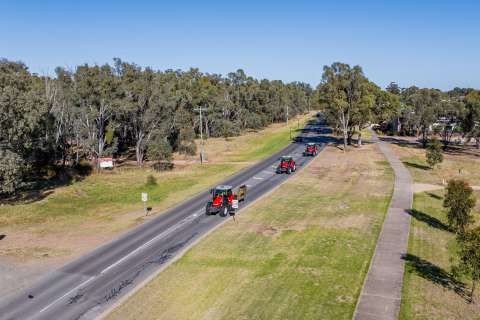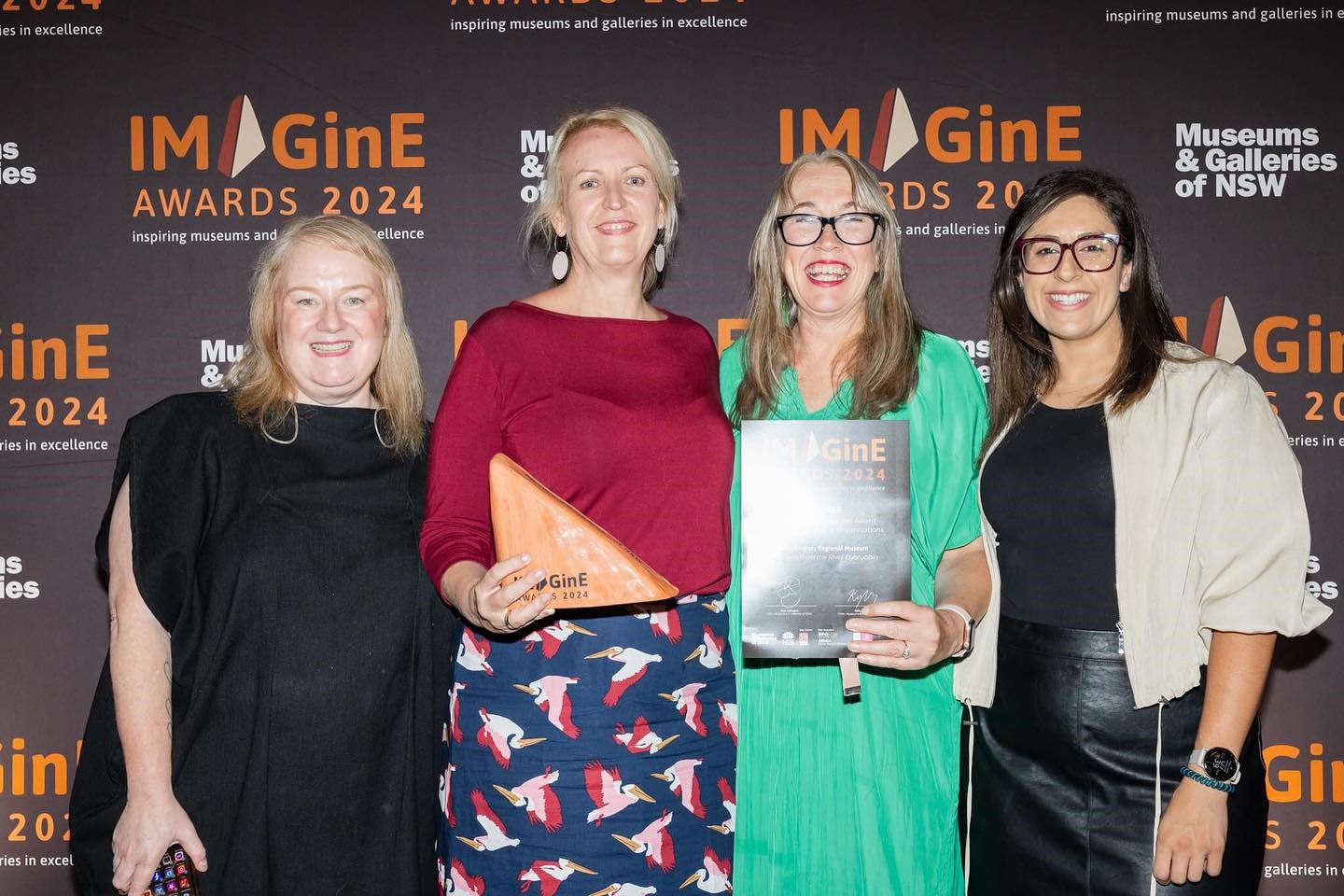New research from the Australia Institute’s Climate & Energy program shows that had the Gillard Government’s carbon price remained in place, Australia’s emissions would be 25 million tonnes lower in 2020 and 72 million tonnes lower over the last five years.
Key Findings:
- Over the carbon price period, Australia’s emissions declined by approximately 2%, and subsequently increased for the four years after its repeal
- Had the carbon price stayed in place, Australia’s emissions would be 25 million tonnes lower in 2020 and 72 million tonnes lower for the period 2015 to 2020
- Australia would have experienced less volatility in wholesale electricity prices and cheaper electricity if the carbon price was still in place due to more business certainty leading to greater investment in electricity generation
- Other Gillard Government climate and energy policy measures such as the Renewable Energy Target, and renewable funding agencies which have remained intact have put into action 334 million tonnes CO2e of emissions reductions.
“One of the defining pieces of legislation from Julia Gillard’s time as Prime Minister was the introduction of a carbon price. Our research shows that this key policy reform was successful in lowering Australia’s national greenhouse gas emissions by two percent,” said Richie Merzian, Climate & Energy Director at The Australia Institute.
“This research shows the Gillard Government’s carbon price was one of the most effective policy reforms in lowering Australia’s emissions. Not only was it a major mistake to repeal this legislation, no Federal Government has managed to implement a reform quite as successful since.
“The Abbott Government’s repeal of the carbon price created years of unnecessary volatility in the electricity market and there is no doubt that wholesale electricity prices would be lower had the carbon price remained in place.
“To make matters worse, following the carbon price repeal there has been a complete absence of a clear and credible climate and energy strategy, a situation that is still the case today.”








